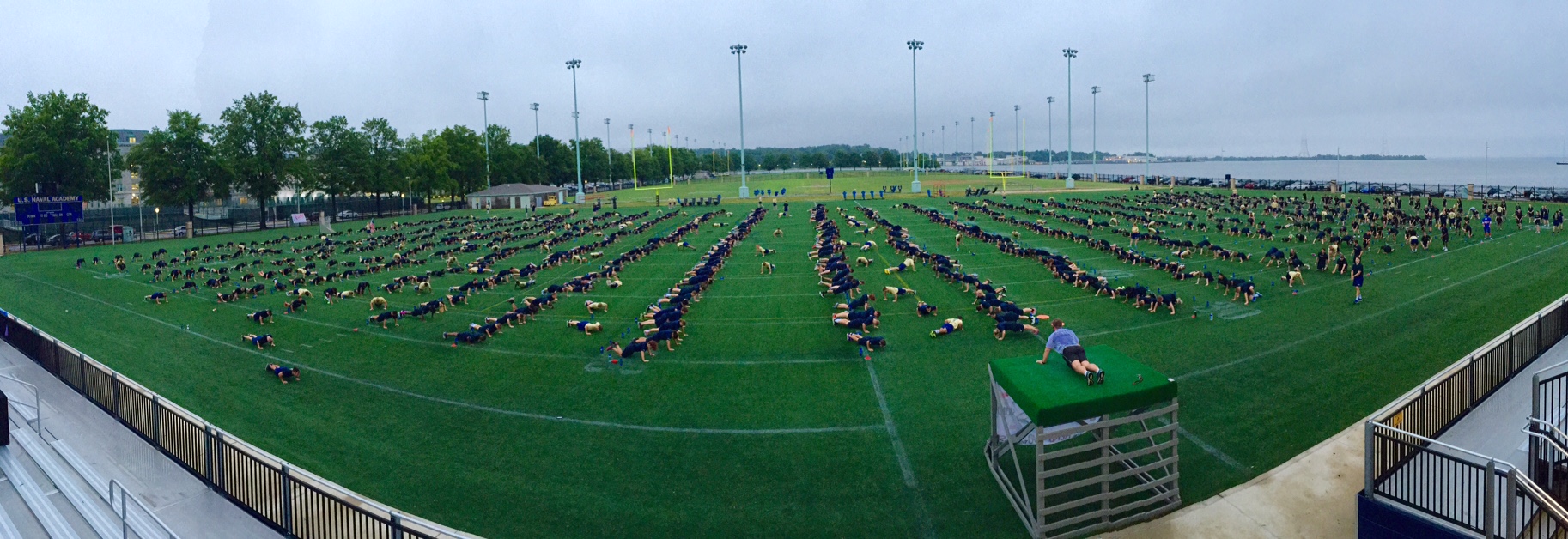How important is SLEEP to those who exercise often as well as to those who do not? Scientists have been studying sleep patterns for decades, so there is plenty of research on the importance of sleep in our daily lives. Sleep also affects performance in between workouts during high intensity training programs like military and law enforcement training. I guess the old saying – Well Rested – Well Tested also applies to taking Physical Fitness Tests.
The best training plans will not work if sleep and nutrition are neglected. Without adequate sleep (eight hours a night), there is not enough rest for muscle cell growth and repair. In fact, when you sleep, growth hormone is produced and protein synthesis in the muscles occurs IF you eat foods with protein during the day. For adolescents especially, sleep is critical as growth can be impaired if quality and quantity of sleep is lacking.
Lack of sleep can also affect your mood and increase hormonal stress levels which will have a negative impact on performance. Now, one night of missed sleep is not going to have many negative affects on your performance, but several days in a row or a few weeks of interrupted sleep combined can lead to similar symptoms of over-training syndrome.
In the military or law enforcement professions, sleep may not occur at regular intervals and the quality may be lacking. The following list can assist in getting a good night sleep and help achieve some of the many benefits sleep produce:
Never Oversleep: You cannot catch up on lost sleep. Over sleeping (10+ hours) can change the body’s patterns and make it more difficult to fall asleep the following night.
Exercise or hard physical work: Those who work hard during the day or exercise will have an easier time falling asleep compared to those who do not.
Sleeping area should be calm: Calming music, cool climate with a humming fan or de-humidifier (seasonal) to drown out exterior noises will make the place you sleep more conducive to quality sleep. There are many sleep technology CDs on the market that have been proven to help with quality of sleep.
Clear your mind of intrusive thoughts - One trick is to go to a happy place when you are bombarded by stressful thoughts that may or may not occur or have occurred in the past. Your body will react to your brain imagining negative thoughts and keep you awake. Reverse the trend and think relaxing thoughts of a favorite place, time, event and revisit that. If that does not work for long, write down your to-do list / what bothers and get it out of your head and you will sleep better.
Avoid Active Evenings: If possible do not exercise 2-3 hours prior to sleep or be highly active prior to sleeping. Relaxing a few hours prior to sleep works well for naturally preparing the body for quality sleep. Avoid watching television in bed.
Recovery and growth will take a backward step in your training program if you do not prioritize sleep, so get to sleep if you want to grow bigger, faster, and stronger - recover from hard workouts. Feel free to email me if you have any questions at stew@stewsmith.com
RECOVERY - In order to get stronger you have to rest, eat properly (good food), and balance your workouts with periodization. Thoroughly understanding cycles of peak performance, maintenance, and recovery are critical to your long term health and longevity. See The Advanced Maintenance and Recovery Program created for people who have completed challenging training courses like Ranger School, Q course, BUD/S, etc. This program is tough and gets people back into lifting, PTing, cardio workouts (both running and non impacts like swimming) in order to recover from extremely difficult periods of training.



 Stew
Smith is a former Navy SEAL, Military.com Fitness Contributor and
certified as a Strength and Conditioning Specialist (CSCS) with the
National Strength and Conditioning Association. If you are interested
in starting a workout program to create a healthy lifestyle - check out
the StewSmith.com
Stew
Smith is a former Navy SEAL, Military.com Fitness Contributor and
certified as a Strength and Conditioning Specialist (CSCS) with the
National Strength and Conditioning Association. If you are interested
in starting a workout program to create a healthy lifestyle - check out
the StewSmith.com 

